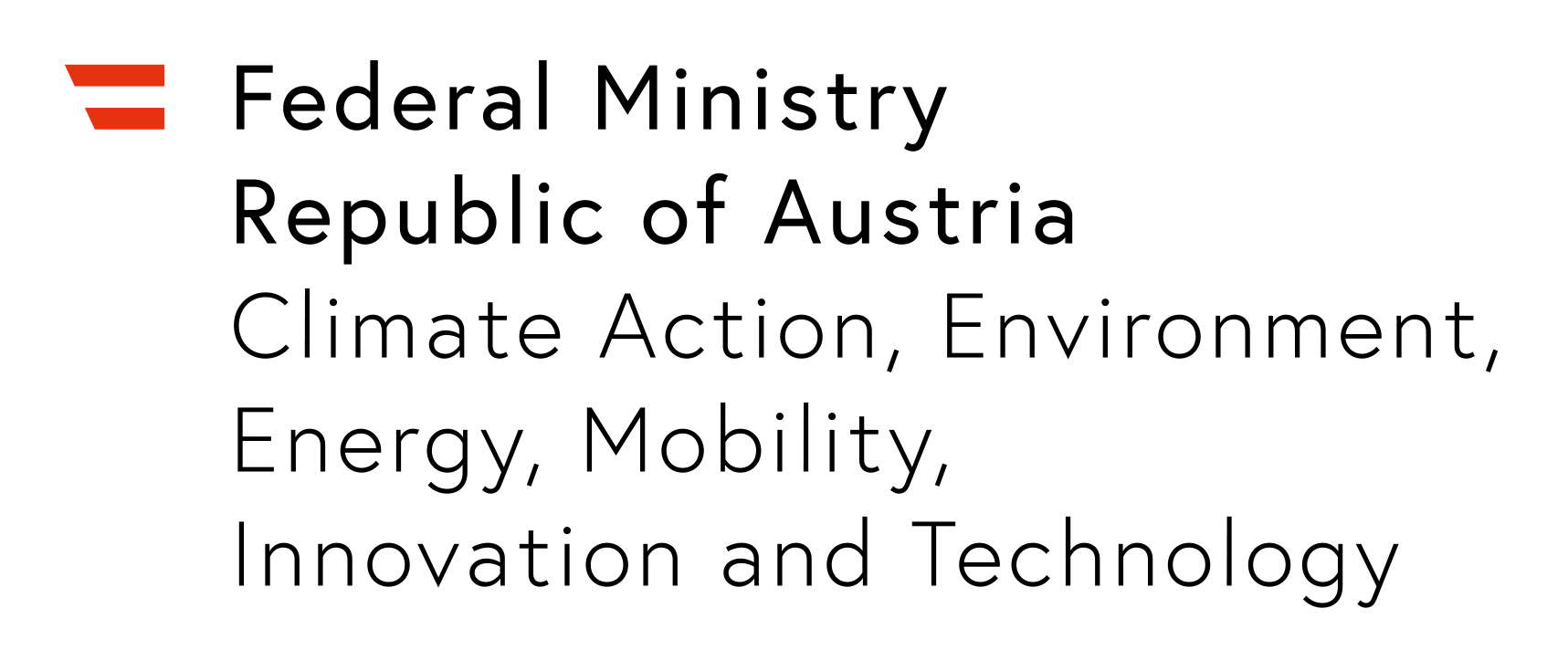Use case:
CO2 footprint in production engineering and manufacturing
For the demonstrators to be developed for the use cases “component matching”, “validation platform” and “mobile processing machines”, functionalities that ensure the ability to collaborate – i.e. interoperability – between different platforms and cloud services from different providers as well as the transferability – i.e. portability – of software modules (services) and data are of decisive importance.
For this reason, one of the topics in EuProGigant is dedicated to the development and demonstration of the necessary interfaces and the function modules required for this.

This includes the classification of the Gaia-X Federated Services and the integration of these into the existing software, platform and cloud products of the project partners. In order for digital services and data within a data infrastructure to be moved from one system to another and used there in interaction with other services, they must have a self-description. Self-description ensures that, on the one hand, only the information that the respective provider has sovereignly decided to share is made transparently available and, on the other hand, to enable the cooperation of compatible services and data in the shared data infrastructure.
For a demonstrative application, the development of a European knowledge database is planned, which can initially be understood as a material database for the plastics processing industry. In addition to commonly available characteristic values, it should be possible to find data from physics-related diagrams in particular, such as statecharts, in terms of their availability in principle. The benefit for users of injection moulding machines results from the use of this material information both in the product development phase of injection moulded parts and for optimised process parameter settings. The positive influence of choosing the right material on the CO2 footprint in product manufacturing should be emphasised. This is due to the fact that the processing of the material in the use phase of the injection moulding machine represents the largest share of emitted CO2 equivalents. The demonstrative character arises from the networking of the platforms provided by the project partners.
The knowledge database is also intended to serve as a demonstrator for new business models in connection with Gaia-X. This creates an incentive for test labs and material manufacturers to offer their material parameters via the knowledge database using the same interfaces for licensed, paid use by manufacturers and users of machines. The knowledge database can be expanded in many ways as a distributed system, e.g. also for the metalworking industry. Knowledge becomes available and tradable like a good or service.





